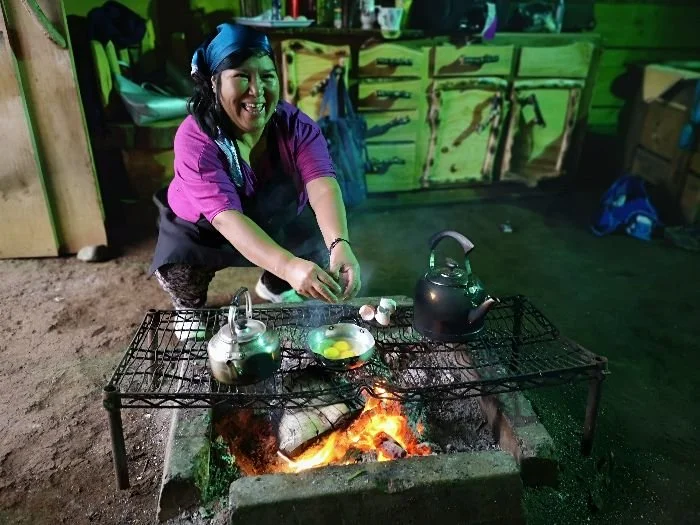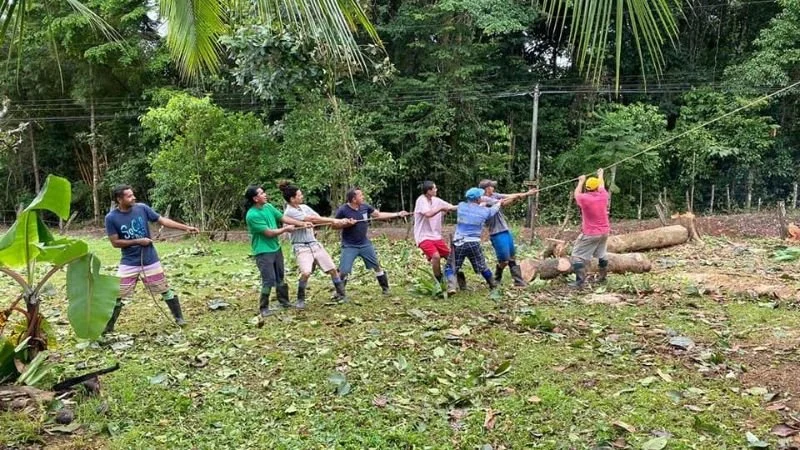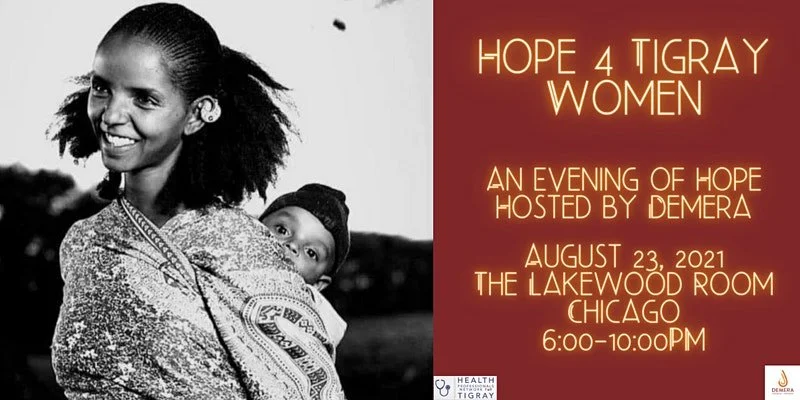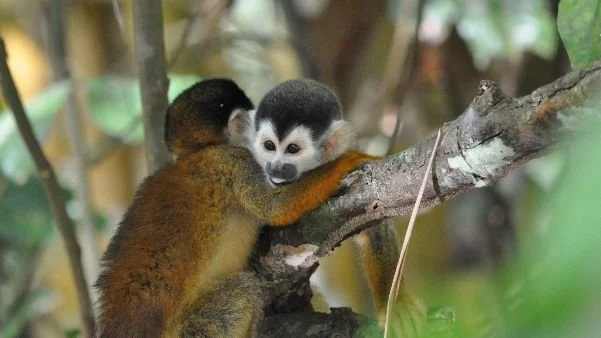Summer 2021 Newsletter
Learnings from the Pandemic
Photo from L. Bonham, Uvita, Costa Rica
As I began writing this article on July 23, I also kept one eye on the Opening Ceremonies of the Tokyo 2020 Olympics. Masks, social distancing, empty stands--powerful visual reminders that Covid-19 continues to share the global stage.
While my small group trip leading days are behind me, I remain deeply immersed in and connected with others who are listening, learning, reflecting and advocating for travel and tourism that causes no harm and does the greatest amount of good.
As you consider prospective travel, I urge you to do your research, pose tough questions, understand who will or will not benefit from your potential decisions, and do your utmost to support host communities and the well-being of our planet. Here are a few topics and tools you may find timely and helpful:
Vaccine Equity: The threat of COVID 19 will continue to be a dark cloud looming over global progress until worldwide vaccination rates improve dramatically. We all need to learn and do more about vaccination equity and what it means for keeping communities safe around the world in addition to our own well-being. Decisions about travel come with a new set of ethical questions and personal responsibilities for each of us.
Local Experiences: One impact of COVID 19 on the tourism industry has been an increase in consumer demand for “local experiences”, often in less-traveled places. At first blush, this seems great. Yet, many of these experiences may be local in only the most superficial ways. Seriously supporting local economies requires an increasingly discerning eye. In "What Do We Mean When We Say Local?", travel thought leader Jo Anna Haugen helps travelers get to the root of local travel and ask the right questions to uncover who benefits from one's visits and tourism dollars.
Virtual Travel Experiences: I have continued to think about and explore an array of virtual travel options. Whether one is able to travel or not, I am very hopeful that virtual travel is here to stay. In late spring I shared my thoughts and some experiences through the powerful solutions journalism enterprise, El Colectivo 506. Whether your passion is food, history, culture or you’re preparing for a future trip, there are options and useful resources for everyone. And, in addition to the learning, take into account that you’ll often be benefiting local entrepreneurs and guides still challenged greatly by the economic losses due to Covid. At the end of the month I’m off to rural China....directly from my living room. If that sounds intriguing, please join me: Experience a Dong minority Village in Southwestern China.
Photo from Jorge Moller Rivas, Llaguepulli, Chile
Being a Responsible Guest: For far too long, the dominant narrative in travel and tourism has been centered on the traveler. Stories of COVID impacted individuals, businesses and communities near and far have begun to shift that narrative. It’s time to embrace the mindset that when we consider travel, we are guests in someone’s home. Small acts of mindful travel seasoned with plenty of flexibility and patience go a long way in creating an experience for both the host and guest that is meaningful and sustainable.
The pandemic continues to put human needs and connections front and center for all of us. As we think about the future of tourism, let’s take what we are learning about ourselves and one another to encourage more “human encounters." My Chilean colleague, Jorge Moller Rivas, and I recently shared our thoughts on our Human Encounters framework with the Destination Stewardship Center. You can read the entire article on the Destination Stewardship Center website.
AGUINADRA and COVIRENAS: a solution to hunger and illegal hunting
Many of you joined me in supporting Costa Rica's Drake Bay community in the early months of the global pandemic. My friend, Rebeca Quirós, president of the Drake Bay Nature Guides Association (AGUINADRA) recently shared her perspective on the fight for the protection of the natural resources in Corcovado National Park, one of the most biologically diverse regions in the world.
"Our impact has been that people in the communities are waking up. They are understanding that MINAE (the Ministry of the Environment) cannot do it alone. Conservation is everyone’s responsibility if we want to continue relying on nature, which is what brings us tourists and generates income for us."
Please check out Rebeca’s story of perseverance and hope in El Colectivo 506.
Photo from Aguinadra facebook page
An Evening of Hope
Last month I enjoyed some of Chicago's most delicious Ethiopian food at the Demera Chicago pop-up event in my neighborhood. The pop-up was a fundraiser focused on helping victims of gender-based violence in Ethiopia's Tigray War, and the brainchild of Demera Chef-Owner Tigist Reda, who is from Tigray.
The evening was a rich culinary and cultural journey. I savored every morsel beginning with the first bite of my beef Sambussa (fried dumplings with sweet/spicy honey sauce). Each volunteer, also from Tigray, came to our table and proudly shared the name, origin and preparation of each Ethiopian specialty we were about to enjoy. While the raison d’etre of the pop up was born out of tragedy, strong feelings of pride and hope were very much in the air.
Photo from the Demera website
The pop-up event is over, but Demera is hosting another Chicago event, An Evening of Hope for Tigray Women, on Monday, August 23. Proceeds from the pop-up and event on the 23rd go to the Health Professionals for Tigray (HPN4Tigray), a humanitarian nonprofit organization established in 2020 that provides humanitarian aid and health care services to Ethiopia.
If you can't make the event on the 23rd or are planning on being in Chicago at another time, Demera is a longstanding restaurant in Uptown Chicago that is well worth a visit!
Photo from L. Bonham, Sierpe River, Costa Rica





